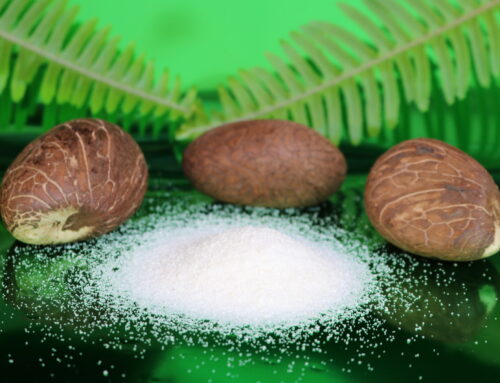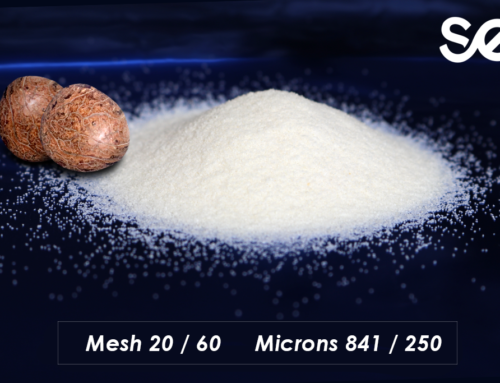The soap with which you wash your face, the detergent with which you wash your
clothes or your toothpaste are also a danger to the environment. By using these
products, the plastic microparticles that compose them end up in the oceans and pollute
them as much as any bottle, tetrabrick or plastic bag.
Every time we talk about pollution, we imagine a mountain of garbage, but a gel
canister can contain up to 330,000 plastic microparticles, impossible to filter by their
small size and that end up contaminating oceans and lakes. Aware of this problem, a
team of researchers from the University of Bath (United Kingdom) has developed new
biodegradable microbeads to stop contaminating the planet every time you wash your
face.
These new microparticles are not created from polyethylene or propylene, elements that
are extracted from oil and that take hundreds of years to disappear, but are composed of
elements derived from cellulose of vegetable origin. It can also have its origin in
renewable sources such as those related to agricultural waste or by-products derived
from papermaking, which can then be dissolved easily in harmless sugars once exposed
in the water.
The study, collected in an article recently published in the journal ACS Sustainable
Chemistry and Engineering, points out that the biodegradable microparticle production
process could be easily expanded to support its commercial production, mainly in
cosmetics.
Even so, research has also found that it may be possible to adjust the physical properties
of the grains, making them as soft or hard as necessary, being able to further develop
microbeads such as:
coconut Tagua Natural White Exfoliant






